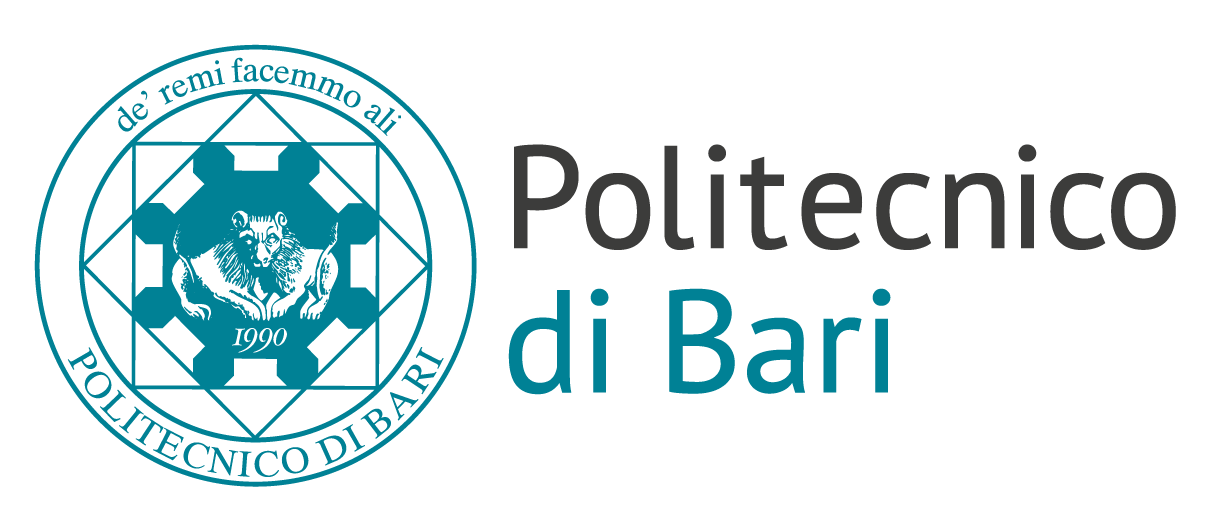The environment is one of the most crucial determinants of health. The Global Burden of Disease report estimates an emerging impact in terms of disability and reduction in quality of life worldwide, particularly for aging populations. One of the root causes of this decline likely derives from the interaction between socio-environmental risk factors and sub-clinical conditions, leading to an increase in primary non-communicable diseases such as dementia, COPD, cerebrovascular, and chronic ischemic heart diseases.
The multi-dimensional causal pathways of these interactions are still largely unknown. In this complex scenario, where the relationship between exposures and outcomes is highly variable and multifaceted, the Health Impact Assessment (HIA) process represents the standard tool for evaluating the issue—from screening health risk factors to proposing new health policies and monitoring their effects. However, a fully digital HIA system capable of dynamically adapting to the variability of these determinants and their interactions is still poorly explored.
Artificial Intelligence algorithms offer innovative, high-performance possibilities for HIA implementations by enhancing the processing and interpretation of complex datasets. This proposal aims to develop a technological toolkit for a dynamic, intelligent HIA capable of predicting the health impact of various determinants and forecasting disability and quality of life trajectories. The method will leverage environmental, socio-economic, geographical, and clinical data, all managed through a federated learning architecture.
The predictive models generated will be adjusted for lifestyle and individual conditions based on data collected from large-scale, population-based digital surveys. These models will be trained and validated using three exposure case studies related to steel plant pollution: Taranto (Italy), Rybnik (Poland), and Flanders (Belgium).
Call:
HORIZON-HLTH-2022-ENVHLTH-04
Ruolo del Politecnico:
Partner
Responsabile scientifico del Politecnico:
Prof. Tommaso Di Noia (DEI)
SSD:
ING-INF/05 – Sistemi di elaborazione delle informazioni
